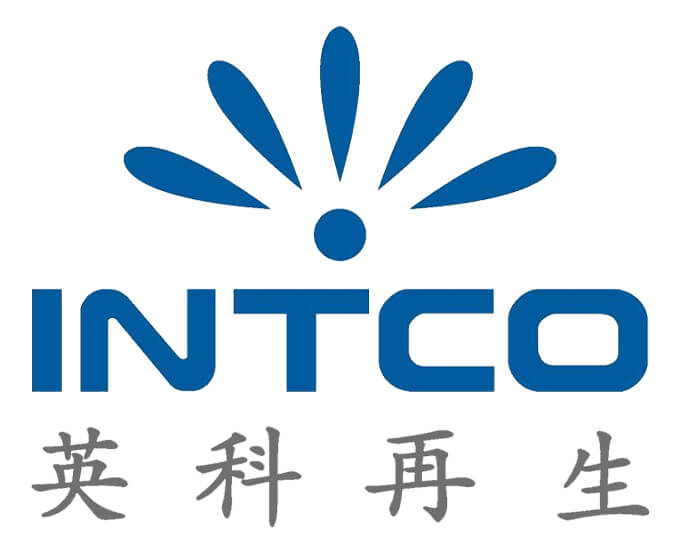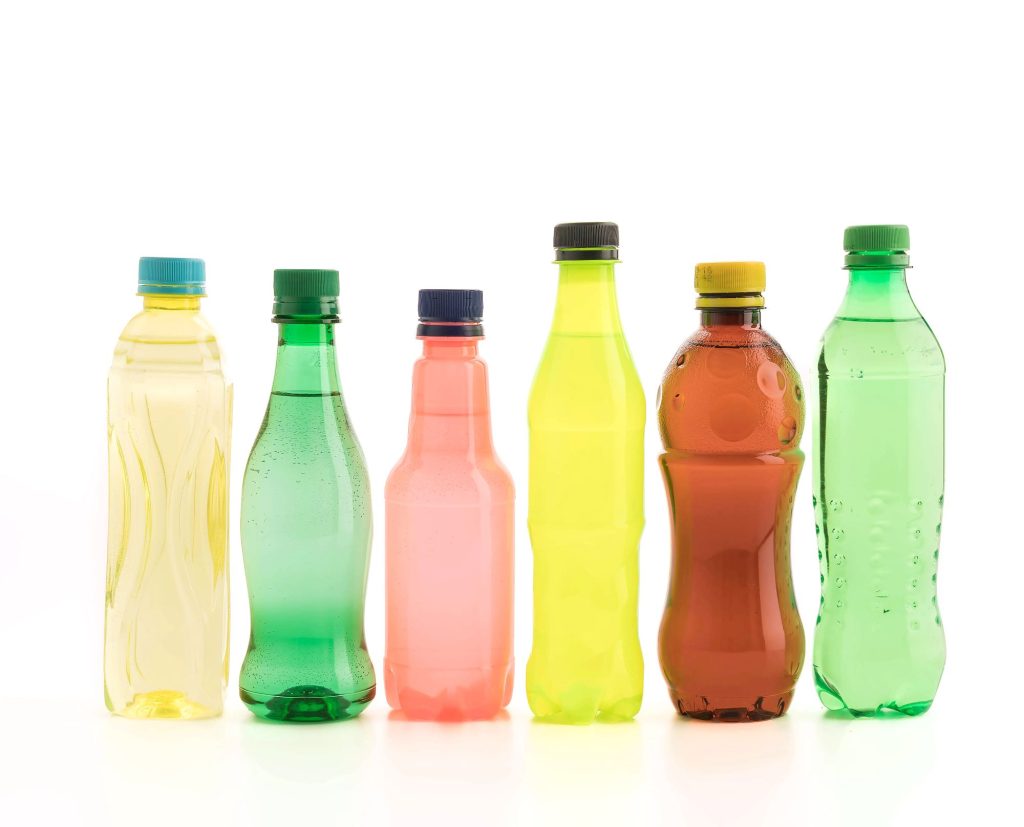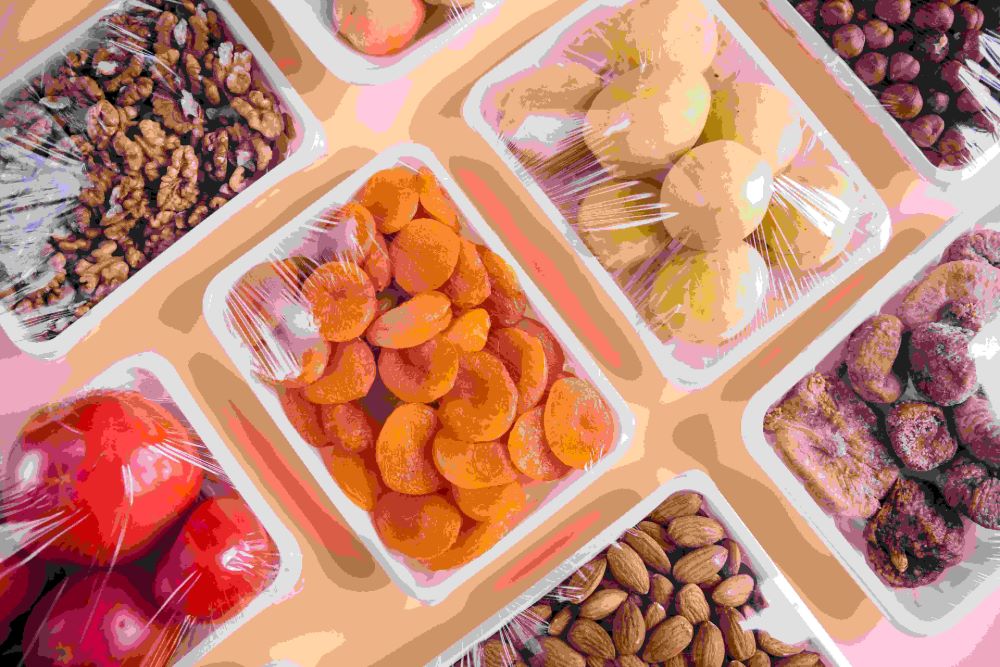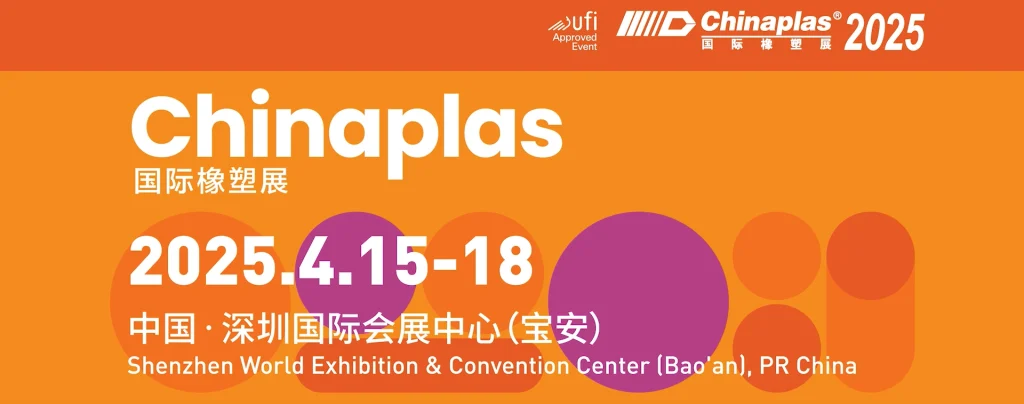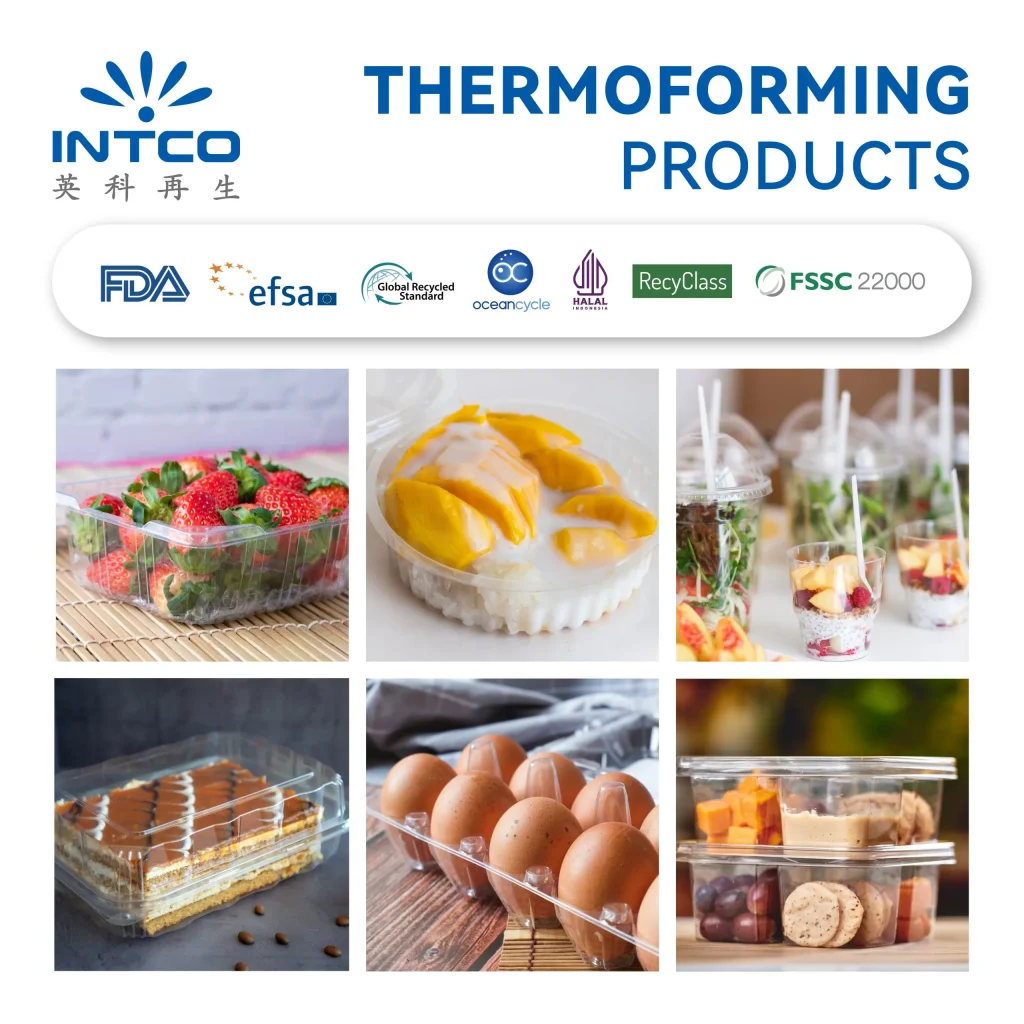Understanding PCR Resin Understanding the intricacies of PCR resin is crucial for professionals working with recycled plastics. PCR, or Post-Consumer Recycled resin, is a material derived from recycled plastic products. These products have been used by consumers, collected, and then reprocessed into new materials. The process involves collecting plastic waste, sorting it, cleaning it thoroughly, and finally converting it into reusable resin through various recycling techniques.
PCR resin is highly valued for its environmental benefits. By utilizing materials that would otherwise end up in landfills, it significantly reduces the demand for virgin plastics and helps conserve natural resources.
Moreover, the use of PCR resin contributes to lowering greenhouse gas emissions associated with the production of new plastics. In addition to its ecological advantages, PCR resin offers versatility in applications. It can be employed in manufacturing a wide range of products including packaging materials, automotive parts, electronics, and household items.
However, the quality of PCR resin can vary depending on the source of the recycled material and the efficiency of the recycling process. One of the challenges associated with PCR resin is ensuring its consistency and purity. Contaminants in the recycled material can affect the properties of the final product. Therefore, rigorous quality control measures are essential during the recycling process to produce high-quality PCR resin that meets industry standards.
As industries increasingly move towards sustainable practices, the demand for PCR resin continues to grow. Companies are investing in advanced recycling technologies to improve the quality and availability of this valuable material. By integrating more PCR resin into their products, manufacturers are not only promoting sustainability but also meeting consumer expectations for environmentally responsible products.
In conclusion, understanding PCR resin involves recognizing its source, benefits, applications, and challenges. Its role in promoting sustainability cannot be overstated as it helps reduce plastic waste and conserves resources while providing versatile material for various industries. As technology advances and recycling processes become more efficient, the future of PCR resin looks promising in contributing to a more sustainable world.
Definition and Composition
Post-Consumer Recycled (PCR) resin is a type of plastic made from recycled materials collected from end-user products. It involves the processing of discarded items such as plastic bottles and containers, which are cleaned, melted, and reformed into new plastic materials. The composition of PCR resin typically includes various types of plastics like PET, HDPE, and PP, which are commonly used in everyday products.
Origin and Development of PCR Resin
The development of PCR resin was driven by the increasing awareness of plastic pollution and the need for sustainable materials. Originating from the recycling movements of the late 20th century, PCR resin gained prominence as industries and consumers alike sought ways to reduce their environmental impact. Advances in recycling technology have further refined the processing of post-consumer plastics, making PCR resin a viable option for many applications.
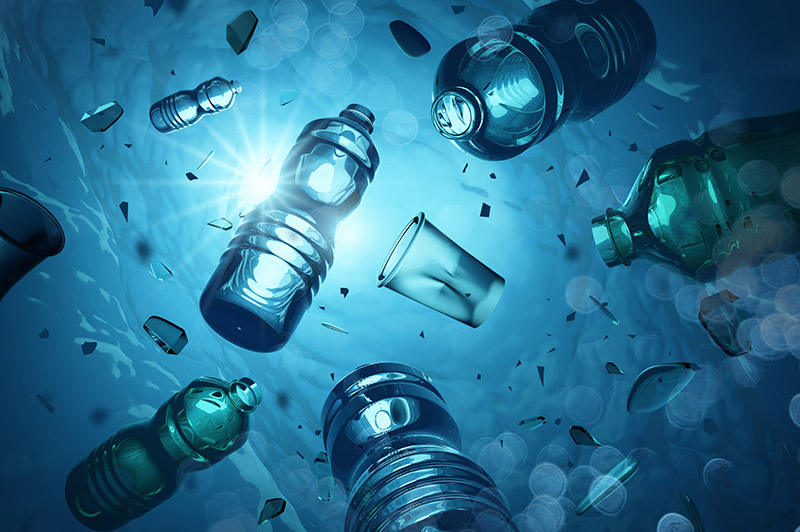
Environmental Benefits of PCR Resin
Reduction in Plastic Waste
Decreasing Landfill Overflow
One of the primary environmental benefits of PCR resin is its role in reducing the amount of plastic waste that ends up in landfills. By diverting used plastics from disposal sites, PCR resin helps to mitigate the overflow and prolong the lifespan of existing landfills.
Mitigating Ocean Pollution
PCR resin significantly contributes to reducing ocean pollution. Each year, millions of tons of plastic waste are dumped into the oceans, which poses a severe threat to marine life and ecosystems. By incorporating recycled materials into new products, we can reduce the volume of waste that might otherwise find its way into the sea.
Lowered Carbon Footprint
Energy Savings in Production
Producing PCR resin consumes significantly less energy compared to manufacturing virgin plastic. This energy saving translates to a reduced carbon footprint, as fewer fossil fuels are burned during production.
Emissions Reduction
In addition to energy savings, the production of PCR resin results in fewer greenhouse gas emissions. This reduction is essential to combat climate change and promote a healthier environment by lowering the overall emissions linked with plastic manufacturing.
Applications in Eco-Friendly Products
Packaging Industry
Bottles and Containers
PCR resin is extensively used in the packaging industry, particularly in the creation of bottles and containers. These products benefit from the durability and recyclability of PCR resin, making them an eco-friendly choice for consumers.
Flexible Packaging Materials
Flexible packaging materials made from PCR resin are increasingly popular. These materials provide the same protective properties as conventional plastics while significantly reducing environmental impact.
Consumer Goods
Electronics
The use of PCR resin extends to the electronics industry, where it is utilized in the manufacturing of various components. This reduces the reliance on virgin plastics and supports the creation of more sustainable electronic devices.
Household Items
Household items such as furniture, cleaning tools, and storage solutions often incorporate PCR resin. These products benefit from the resilience and strength of recycled plastics, providing long-lasting and sustainable options for consumers.
Performance Characteristics of PCR Resin
Durability and Strength
PCR resin demonstrates exceptional durability and strength, making it a reliable alternative to virgin plastics. Its ability to withstand daily wear and tear ensures that products made from PCR resin have a long lifespan.
Compatibility with Manufacturing Processes
A significant attribute of PCR resin is its ability to blend seamlessly with current manufacturing processes. It can be effortlessly incorporated into standard plastic production lines, enabling manufacturers to create environmentally friendly products without necessitating major modifications to their operations.
Market Trends and Future Outlook
Growing Demand for Sustainable Materials
The demand for sustainable materials, including PCR resin, is on the rise. Consumers are increasingly aware of environmental issues and are seeking products that align with their values. This shift is encouraging more industries to adopt PCR resin in their manufacturing processes.
Innovations and Technological Advances
Continued innovations and technological advances are enhancing the efficiency and quality of PCR resin manufacturing. These developments are expected to further reduce costs and improve the properties of recycled plastics, making them even more attractive for various applications.

Intco Plastic
INTCO‘s operations exemplify the synergy between cutting-edge innovation and environmental stewardship. With its headquarters in Zibo, Shandong Province, and production facilities in Shanghai, Anhui, Jiangsu, Malaysia, and Vietnam, INTCO employs over 3,400 individuals dedicated to advancing plastic recycling technologies. Their impressive capacity to recycle 150,000 tons of EPS foam and 50,000 tons of PET bottles into food-grade PET plastics annually is a testament to their dedication. This initiative alone conserves 450,000 tons of crude oil, saves 2.7 million trees, and cuts carbon emissions by 300,000 tons each year.
In the discussion of “Why PCR Resin is a Game Changer for Eco-Friendly Products,” INTCO’s sustainable practices stand out. By incorporating Post-Consumer Recycled (PCR) resin into their manufacturing processes, INTCO not only reduces dependence on virgin materials but also significantly diminishes the environmental impact of their products. This approach is in perfect harmony with the principles of the circular economy, where materials are continuously reused and recycled to create new products, thereby minimizing waste and preserving natural resources.
INTCO‘s commitment to sustainability extends beyond their product lines. They offer comprehensive product lifecycle traceability reports and expert process recommendations to enhance production efficiency and reduce costs. Their OceanCycle certification ensures the transparency and traceability of their recycled plastic granules, helping brands meet their sustainability goals.
Final Thoughts on PCR Resin
PCR resin represents a significant advancement in the fight against plastic pollution and environmental degradation. Its ability to reduce waste, lower carbon emissions, and provide sustainable alternatives in various industries highlights its importance. As more companies and consumers embrace eco-friendly practices, the role of PCR resin will undoubtedly continue to grow, fostering a more sustainable future.
